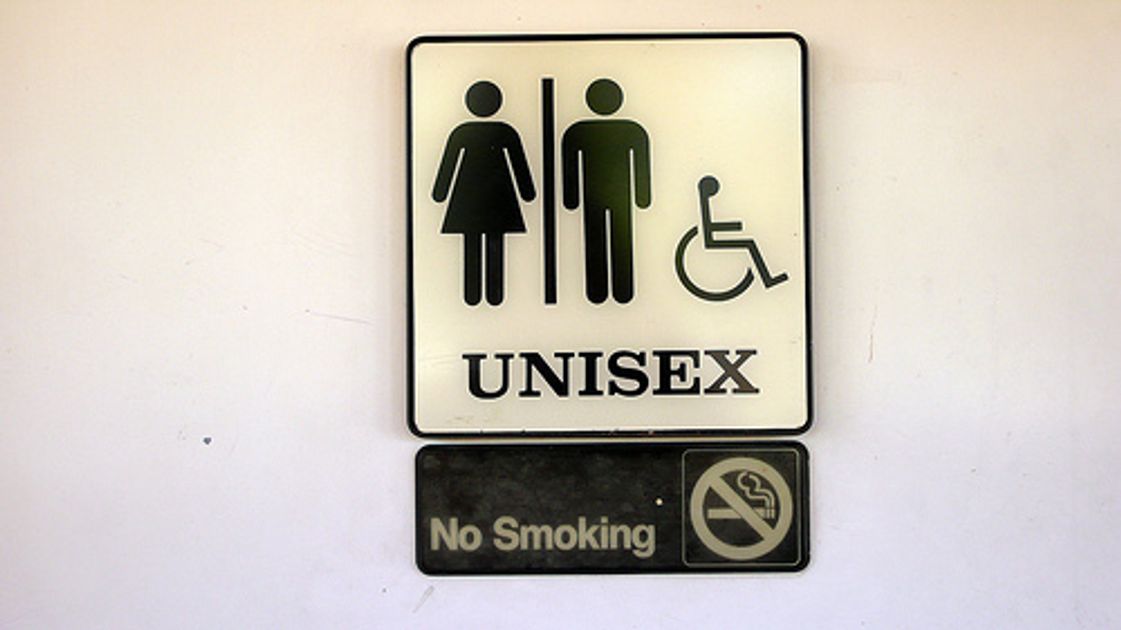Why successful women can be disliked
August 28, 2015
I read this piece by Katie Brooks with interest. In it she cites a range of academic papers that explain the “double bind” that women in the workplace experience. If you act in a stereotypical feminine way, you’ll likely be seen as soft and so unsuitable for high positions. If you act assertively to get ahead in business, you’ll likely be disliked. This explains a lot. I’ve seen many senior women heavily criticised and perceived in a negative light. I’ve not understood why but this piece is illuminating.
Depressing too, I might add. It seems very much a “you’re dammed if you do, dammed if you don’t” situation. To alleviate this, I have to remind myself that much has improved since 1985 when I qualified as a solicitor. We do focus hugely on the problems, rightly so often, but let us also take heart from progress in those 30 years. Women, BME people, LGBT people and disabled people are all in a better place in society than those “bad old days”.
Academic research finds women in the workplace face many forms of discrimination (Hatchell & Aveling, 2008), specifically women who are consistent with their gender stereotype are considered ‘soft’, whilst those who are opposite are considered ‘tough’ and are disliked (Robbins-McNeish, 2007). According to the literature, this creates a double bind, whereby gender stereotypes lead to expectations that women are less able than their male colleagues to lead, and induce disapproval for women who are successful in these male gender-typed positions, (Sools, Van Engen & Baerveldt, 2007). For example, research finds that to overcome doubts about their leadership ability women must perform exceptionally well, however accomplished assertive women are deemed less likeable. To be more likeable, women can display warmth, but this can lead to women in the workplace to be seen as weak and incompetent (Eagly & Carli, 2007)
Back to Expertise


